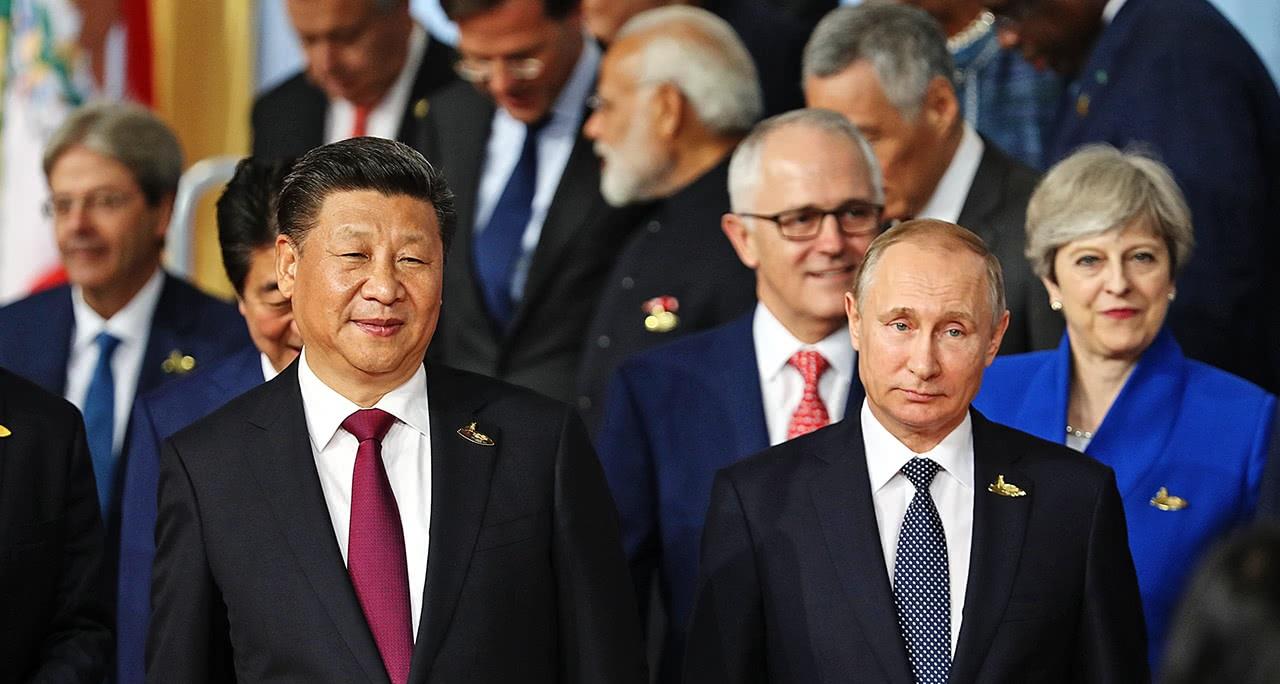Beijing (Yonhap), March 9 -- China and Russia welcomed U.S. President Donald Trump's plan to meet with North Korean leader Kim Jong-un on Friday, calling it a "positive" message and a step in the right direction.
"We welcome the positive message that North Korea and the U.S. sent out on their direct dialogue," Chinese Foreign Ministry spokesman Geng Shuang said in a regular press briefing.
He added that efforts on the North Korean nuclear issue continue to move in the right direction and expressed support for relevant countries to focus on resolving it through dialogue and cooperation.
In Moscow, Russian Foreign Minister Sergei Lavrov also hailed the proposed meeting.
"We do hope that this meeting is going to take place," Lavrov said after talks at the African Union's headquarters in the Ethiopian capital. "Certainly, it is required to normalise the situation around the Korean peninsula."
U.S. President Donald Trump earlier accepted a surprise invitation from North Korean leader Kim Jong-un to hold a summit as soon as possible. He said that the meeting would take place by May.
South Korea's national security adviser, Chung Eui-yong, delivered the invitation during his briefing Thursday (local time) on the outcome of his trip to Pyongyang early this week as President Moon Jae-in's special envoy.
The spokesman called for relevant countries to create the political determination as soon as possible to pursue both bilateral and multilateral talks on the North Korean nuclear issue, adding that China will play its part to the utmost.
China was a host country of the long-halted six-party denuclearization talks, which also involved the two Koreas, the U.S., Japan and Russia. They were last held in late 2008.
Calling the planned U.S.-North Korea summit a "step forward," he urged the two to swiftly build mutual trust through dialogue.
With regard to the argument that the U.S.-led multilayered sanctions and pressure on the North has paid off in forcing Pyongyang to talks, he said that China has fully implemented U.N. Security Council resolutions for a long time and that the efforts have cost Beijing much.
